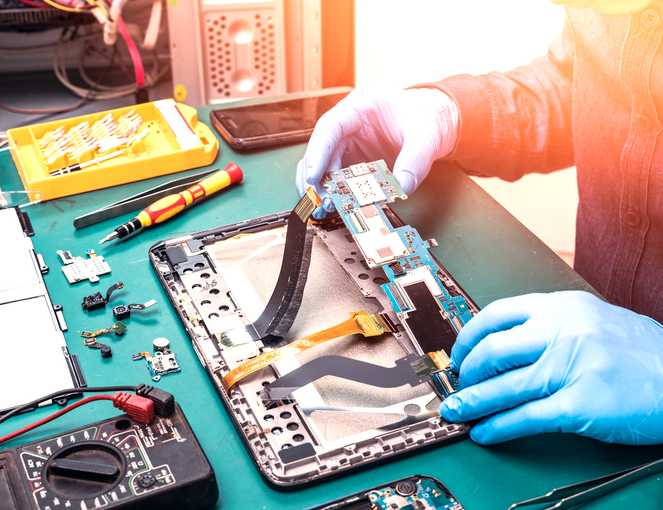Can a Patent Owner Claim Enhanced Damages in the Absence of Willful Infringement?
Can a Patent Owner Claim Enhanced Damages in the Absence of Willful Infringement?

The split among district courts as to whether the filing of a patent infringement complaint provides notice to a defendant of its infringing conduct sufficient to support a claim of willful infringement was the subject of a recent article of mine. It focused in part on a decision by Judge Connolly of the District of Delaware holding that notice based on the filing of a complaint cannot serve as the foundation for a willful infringement claim. ZapFraud, Inc. v. Barracuda Networks, Inc., 528 F.Supp.3d 247 (D. Del. 2021). The article implied, but did not explicitly state, that the demise of a willful infringement claim would also spell the end of a claim for enhanced damages under 35 U.S.C. § 284 because enhanced damages are usually linked with willful infringement.
As it turns out, that implication may have been premature. In another recent case from the District of Delaware, Judge Andrews separated willful infringement and enhanced damages, granting the defendant’s motion to dismiss the plaintiff’s willful infringement allegations but allowing claims of enhanced damages to proceed. iFit, Inc. v. Peloton Interactive, Inc., slip opinion, case no. 1:21-cv-00507-RGA (D. Del. January 28, 2022). The ruling begins by concluding that iFit could not pursue an action for willful infringement because, among other reasons, it did not allege a legally plausible theory of pre-suit knowledge of the asserted patents. Judge Andrews, therefore, granted Peloton’s motion to dismiss the claim of willful infringement. Id., at 3-4.
Judge Andrews went on, however, to analyze independently iFit’s assertion of enhanced damages. He declared he was “not prepared to say that a finding of willfulness at trial is an absolute prerequisite to an award of enhanced damages,” noting that the Supreme Court has said only that enhanced damages may apply in “egregious cases typified by willful misconduct.” Id. at 4-5, quoting from Halo Elecs., Inc. v. Pulse Elecs., Inc., 579 U.S. 93, 106 (2016) (emphasis of Judge Andrews). As to the kind of “egregious” conduct outside of willful infringement that might give rise to an award of enhanced damages, Judge Andrews hypothesized about a witness perjuring himself in deposition or at trial, but otherwise did not elaborate as to what may or may not support enhanced damages. Id., at 5. Finally, Judge Andrews pointed out that Peloton had not cited any cases stating that claims for enhanced damages must fail in the absence of willful infringement, but notably did not similarly discuss that iFit had also not cited any cases to support its contrary position. Id.
Judge Andrews’s decision in iFit is somewhat unusual, although it should be noted that it is not inconsistent with the statute that provides for enhanced damages, 35 U.S.C. § 284, which does not actually contain the term “willful infringement.” In any event, the ruling will not likely have far-reaching implications. The opinion only permits iFit to proceed with its assertion of enhanced damages at the motion to dismiss stage, and iFit will have to overcome significant evidentiary hurdles to preserve such claim through trial.
Additionally, the existence of facts in any case (including the iFit case) evidencing actions by the defendant that might qualify as “egregious conduct” and support a claim of enhanced damages in the absence of willful infringement is probably extremely rare. Nevertheless, if other courts choose to follow Judge Andrews’s reasoning, accused infringers will have a harder time knocking out claims for enhanced damages at the pleadings stage.
MEDIA CONTACT
Patrick Ross, Senior Manager of Marketing & Communications
EmailP: 619.906.5740
EVENTS CONTACT
Suzie Jayyusi, Events Planner
EmailP: 619.525.3818

